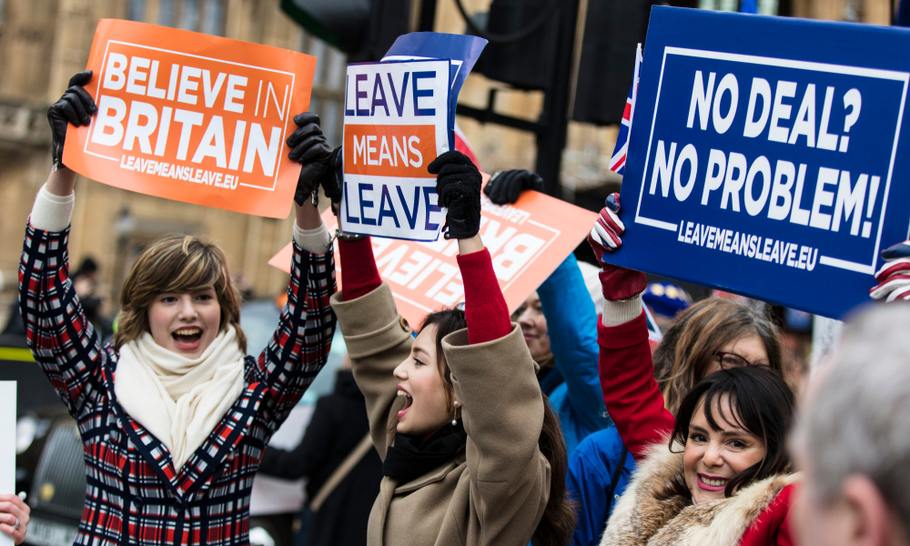This election will not solve Britain's identity crisis

(Shutterstock)
The UK general election confronts a politically diverse, and a divided, electorate with an exceedingly difficult choice. At its most basic level, the election is about Brexit — it was called, ahead of time, to address the failure of the Commons to enact legislation giving effect to the result of the 2016 referendum.
The Tories want to “get Brexit done” on the basis of the revised deal which, against the odds, Prime Minister Johnson negotiated with Brussels. The Lib Dems don’t want Brexit done at all. The Labour Party, were it to prevail on Thursday, will hand the decision right back to the voters, in the form of (yet another) referendum. The SNP wants to exit the United Kingdom — but not the EU.
Brexit is also a proxy ideological contest: between, on the one hand, Conservatives who “balanced the books” at the cost of austerity, shredding social solidarity across the UK; and on the other hand, the most Marxian Labour Party for decades, committed to nationalising anything that isn’t nailed down. If the Tories are run by Old School establishment, the Labour Party is controlled by young social media-savvy revolutionaries.
But the deeper question which must be addressed, regardless of who wins the election, relates to the values by which the UK chooses to be governed. These values were once embedded in political parties and institutions. No longer. That’s the problem and it will continue to be so long after the votes have been counted.
And that’s the rub. Brexit was impelled by a desire to re-assert the UK’s national identity. This was perceived to be under threat from a growing Franco-German hegemony across the EU. The trade negotiations that will follow Brexit next year are part of that process and constitute a formidable challenge.
But not half as great a challenge as to define, in a post-Christian UK, the values which underpin the national “identity”. No politician has done so in a way that has engaged with voters, especially those “left behind” in the slipstream of austerity.
Self-serving political cliche’s and oppressive legislation prohibiting ill-defined “hate crimes” don’t even begin to address the angst embedded in the most basic of political questions: What are my values? What is the source of my identity and beliefs? How can we nurture, as a country, the sense of autonomy and a rejection of dependence?
When the election is over and the trade deal is done, it is precisely this existential crisis of values and beliefs — of autonomy and identity that will remain — in the UK as well as across the EU.




